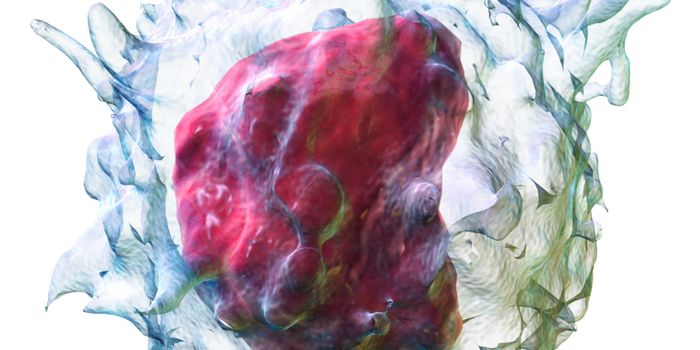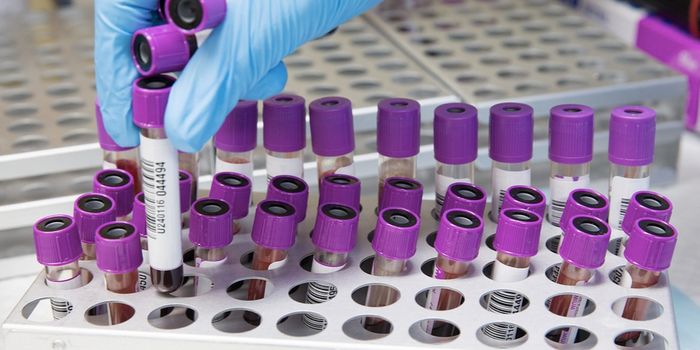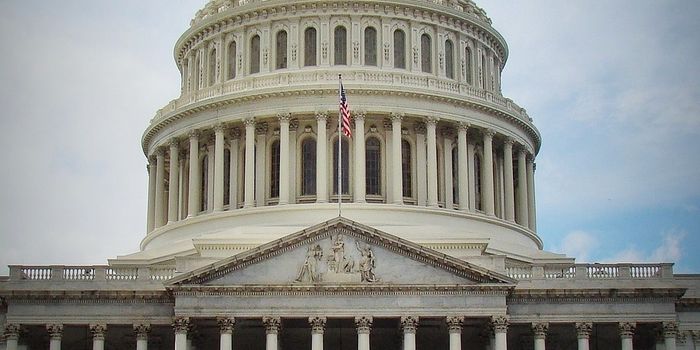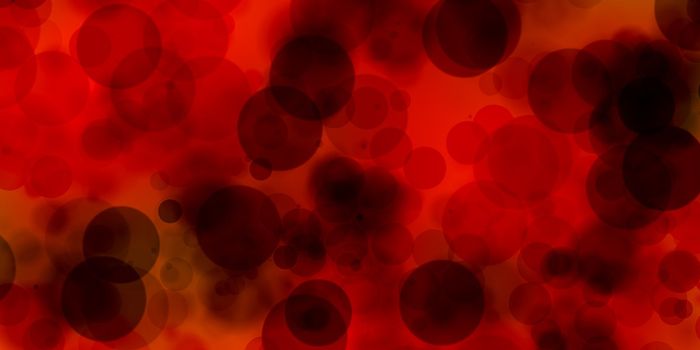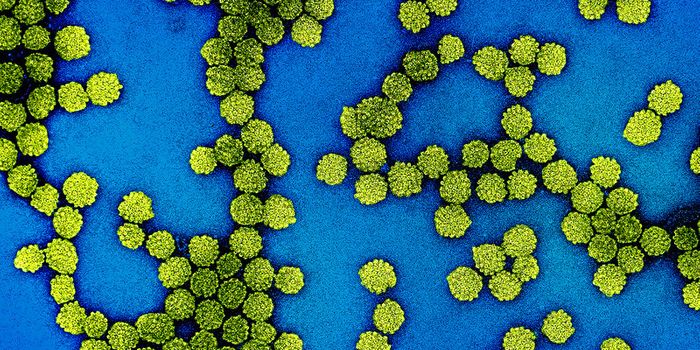Using deep learning to identify breast cancer biomarkers in mammograms
A team from Massachusetts General Hospital (MGH) has developed a deep learning model capable of predicting a patient’s risk of getting breast cancer. The team will present their findings at the annual meeting of the Radiological Society of North America (RSNA).
The model identifies the risk level by detecting imaging biomarkers on screening mammograms. According to the researchers, it shows greater accuracy than current risk assessment tools, which incorporate information such as breast biopsies, family history, and breast density, but lack other integrative data.
“Traditional risk assessment models do not leverage the level of detail that is contained within a mammogram," said Leslie Lamb, M.D., M.Sc., breast radiologist at MGH. "Even the best existing traditional risk models may separate sub-groups of patients but are not as precise on the individual level."
"Why should we limit ourselves to only breast density when there is such rich digital data embedded in every woman's mammogram?" questioned senior author Constance D. Lehman, M.D., Ph.D., division chief of breast imaging at MGH. "Every woman's mammogram is unique to her just like her thumbprint. It contains imaging biomarkers that are highly predictive of future cancer risk, but until we had the tools of deep learning, we were not able to extract this information to improve patient care."
To integrate all of the information provided in a mammogram, the team trained the deep learning algorithm utilizing data from five MGH breast cancer screening sites. The dataset was comprised of 245,753 consecutive 2D digital bilateral screening mammograms performed in 80,818 patients between 2009 and 2016. After training, the deep learning model scored a predictive rate of 0.71, higher than that of the traditional risk model, which scored a rate of 0.61.
"Our deep learning model is able to translate the full diversity of subtle imaging biomarkers in the mammogram that can predict a woman's future risk for breast cancer," Dr. Lamb said. "Traditional risk models can be time-consuming to acquire and rely on inconsistent or missing data. A deep learning image-only risk model can provide increased access to more accurate, less costly risk assessment and help deliver on the promise of precision medicine."
Sources: Eureka Alert



